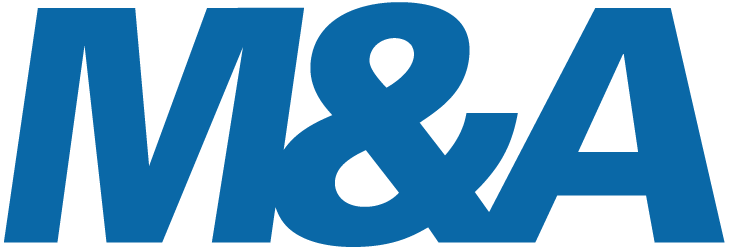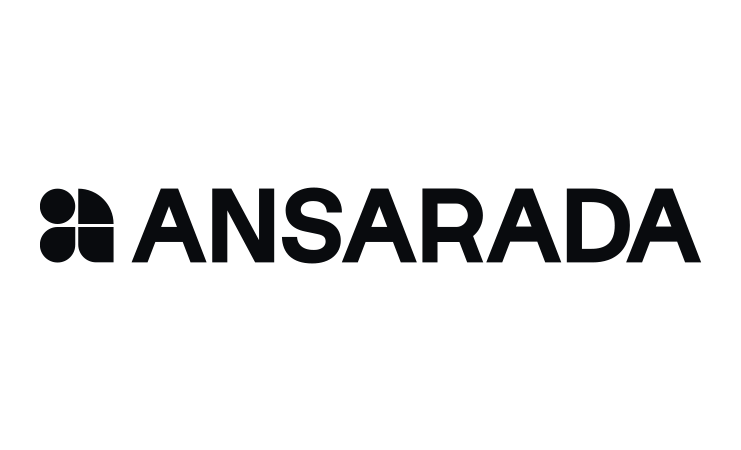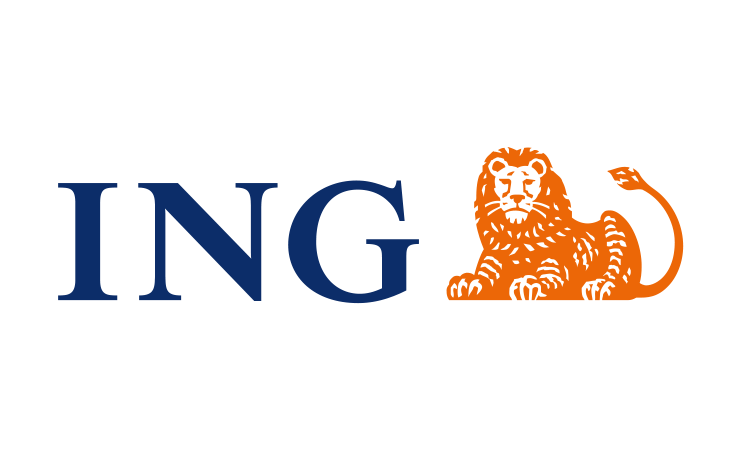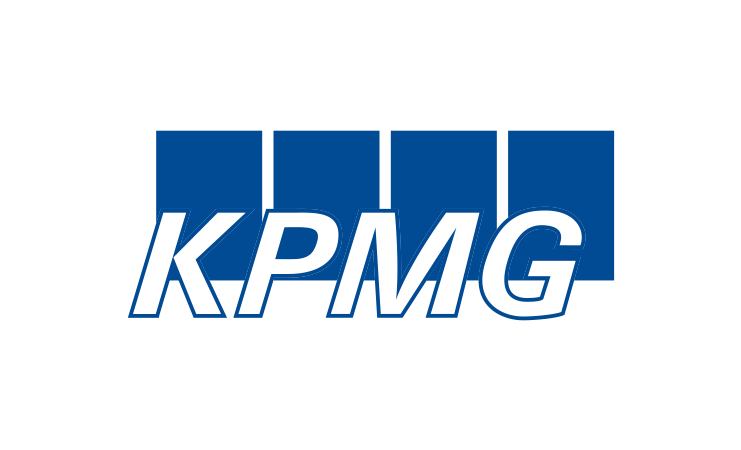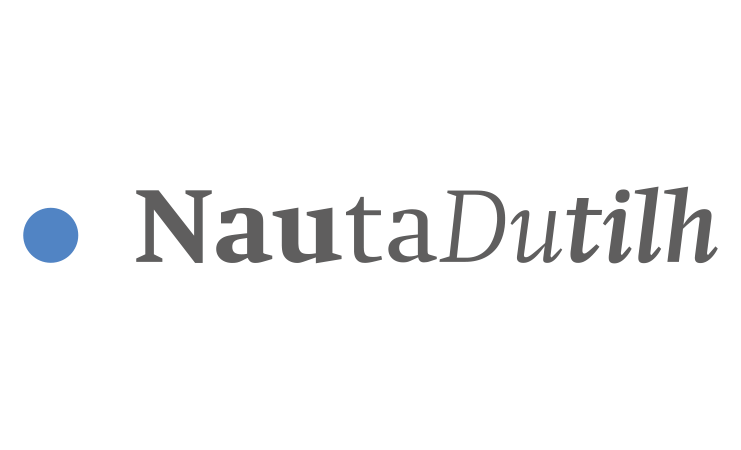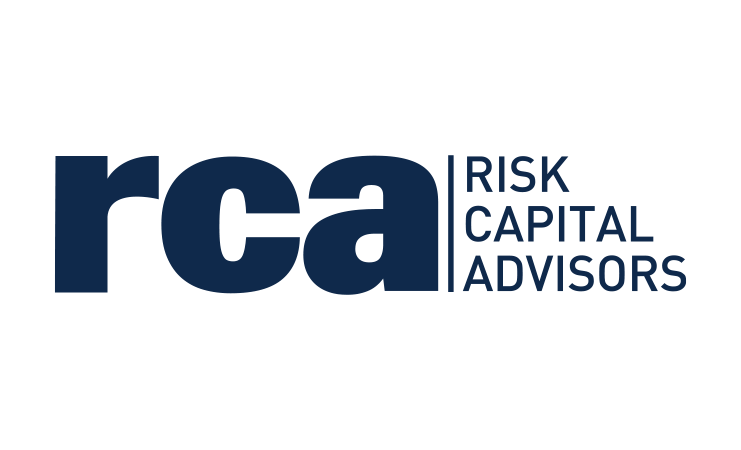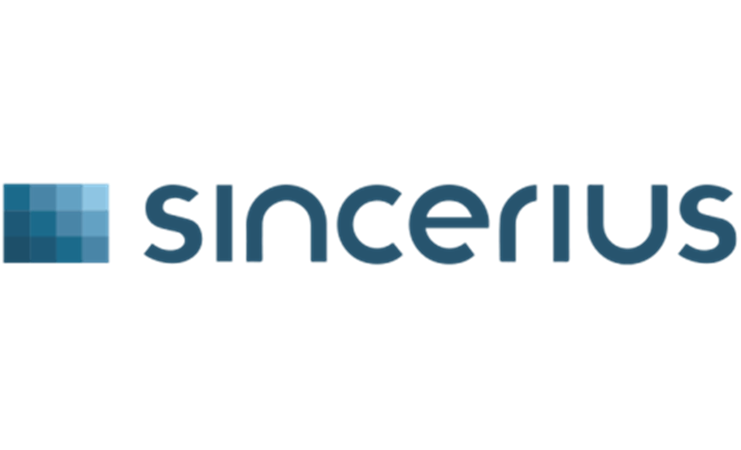Pitch Best Mid Cap Deal 2023: Armira acquires Van Raam

Stem op deze deal via de stempagina: Mena.nl/genomineerden-best-mid-cap-deal-2023
Name of the deal: Armira acquires a majority stake in Boezel-Ruesink-Boezel Holding B.V. (“Van Raam”) from Boezel-Ruesink-Boezel Holding B.V. shareholders
Date announced: 10-7-2023
Date closed: 18-7-2023
Published value: €100 – €250 million
Buyer(s): Armira
Target(s): Boezel-Ruesink-Boezel Holding B.V. (“VanRaam”)
Seller: Boezel-Ruesink-Boezel Holding B.V. shareholders
Involved firms and advisors
Involved firms and advisors buy side:
Financial Advisor: KPMG
Legal advisor: JB Law
Financial DD advisor: KPMG
Tax advisor: Deloitte
Debt advisor: KwikGielen
Commercial DD: KPMG
Involved firms and advisors target:
n/a
Involved firms and advisors sell side:
Financial Advisor: ING
Legal advisor: Lexence
Financial DD advisor: KPMG
Tax advisor: Meijburg & Co
Commercial DD: KPMG
Pitch
Brief description deal / Deal outline
Van Raam is a Dutch manufacturer that specializes in the production of adaptive bikes, designed for elderly and people with a disability. The shareholders of Van Raam wanted to attract a partner capable of accelerating international growth in both existing and new markets. After a competitive process, management found the right partner in Amira, a German investment holding that focuses on investments medium-sized companies in the Benelux and the DACH.
Why should this deal win the Award for Best Deal Mid-Cap 2022?
The Van Raam deal is undoubtedly deserving this nomination, as it not only attracted a diverse international investor base but also remained fiercely competitive throughout, resulting in an exceptional but fair valuation. But the real distinction arises from Van Raam’s commitment to sustainability and social inclusivity, principles that were crucial drivers throughout the deal.
Right from the start of the process we unlocked substantial value for our client. Identifying normalizations, developing an ambitious yet realistic business plan and mitigating questions from potential buyers was paramount for the success of this deal for our client. We managed to pique the interest of investors all over Europe, due to a well-executed pre-marketing phase.
We ensured that potential investors were informed and prepared even before the official launch of the project. This early engagement was key in gaining a robust initial response. During the first round of the process, we enabled the majority of the interested parties access to the shareholders through informal fire-side chats (there were a lot of, and we mean a lot of chats), ensuring that all potential investors were well-informed and engaged, fostering a level playing field.
This strategy proved fruitful, as we received many NBOs. In fact, we had so many that we had to inform other interested parties that submitting another offer may no longer be necessary. The organization of the fire-side chats not only facilitated a thorough evaluation of the offers in terms of financial value but also enabled the shareholders to evaluate cultural and strategic fit. After carefully analyzing all NBOs, we were presented with 5 – 10 NBOs, each not only financially attractive but also attractive in terms of strategic fit.
We decided that another round was necessary, encouraging these 5 – 10 bidders to come forward with firm offers as well as a SHA term sheet, emphasizing the shareholders’ intent to find a truly fitting partner.
In the round that followed, we released the VDD / CDD reports and allowed for expert sessions. Interestingly, despite being top bidders in the first round, these bidders decided to withdraw from the process, largely due to poor LTM performance as a result of a slow start to the year in the cycling market. This outcome validated our choice to implement an additional round, ensuring only eager buyers remained. Eventually, we received multiple firm offers, with valuations in line with NBOs despite a slowing market and poor LTM performance. In the final round, three buyers were allowed to conduct full due diligence, which yielded one fully binding offer and two nearly binding offers. This steadiness in offers, despite financial hurdles, highlighted the crucial role of maintaining a competitive process until the very end of the deal. After scrutinizing all the offers, management made the decision to accept the offer from Armira. The deal holds financial appeal for all parties involved, while also emphasizing the significance of shared vision and values between the shareholders and the new partnership.
With the strategic partnership formed with Armira, Van Raam is accelerating its expansion across Europe (especially Germany) and amplifying its impact on an even bigger stage. It represents a significant step towards empowering elderly and disabled individuals across Europe (and beyond) to experience the joy of personal mobility. We truly believe that together with Armira, Van Raam can achieve its goal: “Let’s all cycle”.
Deal rationale:
Van Raam is the undisputed leader in the European market for adaptive bikes, which it holds due to its commitment to innovation, exceptional product quality, and extensive range of products. The Company operates in the niche market of adaptive bikes, which is characterized by positive trends and promising growth prospects, making Van Raam an appealing investment opportunity. The primary objective for the shareholders was to find a partner that could accelerate international growth in existing and new countries. Through the acquisition by Armira, Van Raam has gained a long-term partner that shares its vision, offers expertise in international expansion, and brings substantial industry knowledge within the industry.
What is the impact of this deal for the company?
Through the acquisition by Armira, Van Raam has gained a long-term partner that shares its vision, offers expertise in international expansion, and brings substantial industry knowledge within the industry. Armira’s primary focus will be enhancing the commercial aspects of the organization, as the operational side of the company already operates at an exceptional level. Strengthening the sales organization will enable Van Raam to explore new markets, fulfilling its ambitious goal of making its bikes accessible to elderly and disabled individuals worldwide.
What is the impact of this deal for the direct stakeholders?
The deal does not have a direct impact on stakeholders as Van Raam will continue doing business as is.
What is the impact of this deal on society?
Van Raam is widely recognized as one of the most environmentally responsible and socially conscious companies in the biking and healthcare industry. Van Raam’s bikes not only provide enhanced mobility for the elderly and disabled, Van Raam’s operations themselves are exceptionally sustainable and social inclusive as well. Its facility in Varsseveld operates with zero climate impact, thanks to the installation of 3,500 solar panels and a closed-loop geothermal system. In addition to its own sustainable practices, Van Raam encourages its suppliers to adopt more eco-friendly approaches as well. With the partnership of Armira, Van Raam can continue its growth and further extend the benefits of increased mobility to elderly and disabled individuals worldwide. In the business plan, we anticipate a significant rise in the number of bike sales from approximately 13,000 in 2022 to 28,000 by 2027. As Van Raam expands with Armira, it can leverage its size to drive sustainability practices throughout the entire value chain, promoting more environmentally friendly production methods.
What was most complex about this deal?
During the preparation phase, we extensively discussed the shareholders’ expectations regarding bike sales and gross margin development. We took into account the challenges in the biking supply chain and the post-COVID slowdown in the biking market. After thorough deliberation, we agreed to incorporate a significant price increase in the cost of goods sold (COGS) to account for expected rises in raw material prices and transportation costs. Despite signs of a slowdown in the biking market, the shareholders remained confident in their growth trajectory and projected around a 10% increase in bike volume.
However, as the process progressed, bike sales began to slow down, making it increasingly challenging to meet the budget targets. This posed a significant challenge for our deal team, as we firmly believed that the overall biking market’s slowdown should not be projected onto Van Raam, which primarily focuses on healthcare (with a portion of sales subsidized through the WMO).To support our case, we conducted several client-level analyses, demonstrating that the slowdown was only temporary and driven by adverse weather conditions and longer lead times (particularly due to unusually wet month of April).
These analyses held great importance as the LTM figures were declining rapidly, which played a crucial role in securing sufficient debt financing. Fortunately, we swiftly realized that the anticipated increases in COGS were not materializing. Since a higher gross margin directly affects EBITDA, we conducted several SKU-level analyses to confirm that costs were indeed lower than initially anticipated. Overall, a challenging external environment presented significant difficulties throughout the process, demanding a lot from the deal team to align valuations with initial expectations.
Stemmen is niet meer mogelijk

